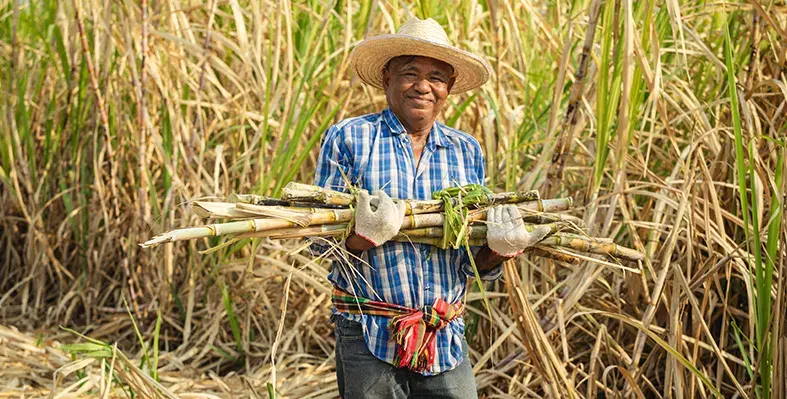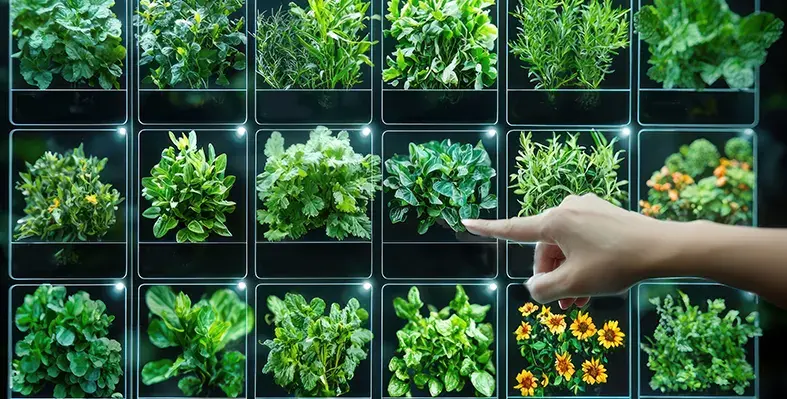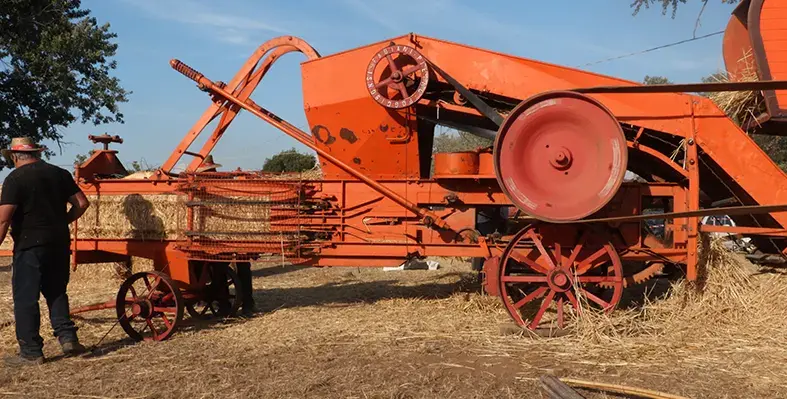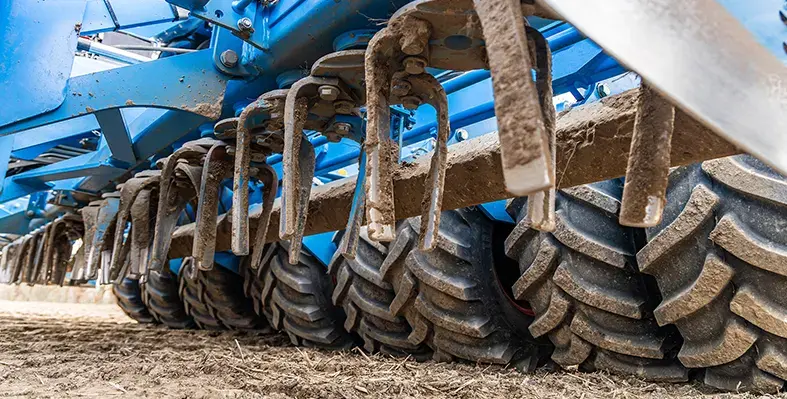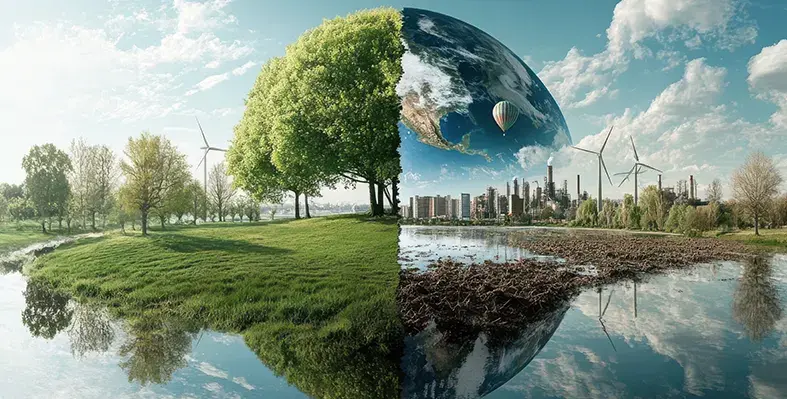Sugarcane farmers in Chiredzi, Zimbabwe, are set to benefit from a major power upgrade
The Zimbabwe Electricity Transmission and Distribution Company (ZETDC), a subsidiary of ZESA, is building a new 330 kilovolt (kV) power line from Mutare to Chiredzi. This project aims to improve electricity supply for farmers who have long suffered from power shortages due to old and broken infrastructure.
Abel Gurupira, acting managing director for ZETDC told the Parliamentary Portfolio Committee on Industry and Commerce that the new line will connect Orange Grove in Mutare to Triangle in the Lowveld. This will help bring power from Mozambique, through Mutare, to sugar-producing areas. He said,“This will boost power capacity in farming areas where farmers urgently need electricity."
To support agricultural production, ZETDC is also working closely with wheat, tobacco, and sugarcane farmers. Gurupira stated that the company ensures no load-shedding during critical farming seasons, particularly for organised clusters that rely on irrigation.
John Chikeya, ZETDC’s commercial services manager, highlighted ongoing problems such as infrastructure vandalism. However, he noted that the company is working hard to restore damaged infrastructure to improve power reliability.
He added that smart technology is being introduced to support this goal. “We are rolling out a smart grid project with smart water reclosers and smart metres,” said Chikeya. These tools will allow ZETDC to manage power supply more efficiently, ensuring that sugar millers and irrigators receive power even during shortages. Smart metres and motorised circuit breakers (MCCBs) will also allow for selective power distribution.
Chiredzi is also part of a plan to support solar energy projects, with the private sector encouraged to build solar plants for commercial and industrial use. Farmers with good credit ratings are expected to benefit the most from these solar initiatives.
Other upgrades include improving old power infrastructure, increasing substation capacity in Chiredzi Town, and restoring capacitor banks and local substations. These efforts aim to support the entire sugarcane value chain and improve the area’s energy reliability.
John Chikeya concluded, “This power upgrade is not just about supply — it’s about securing the future of sugar farming in Chiredzi by building strong, reliable infrastructure.”




